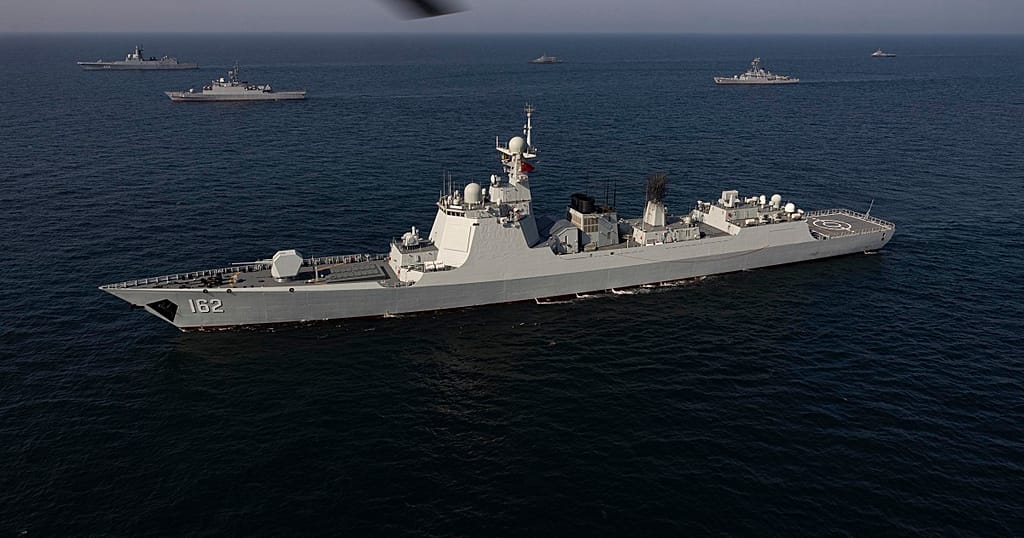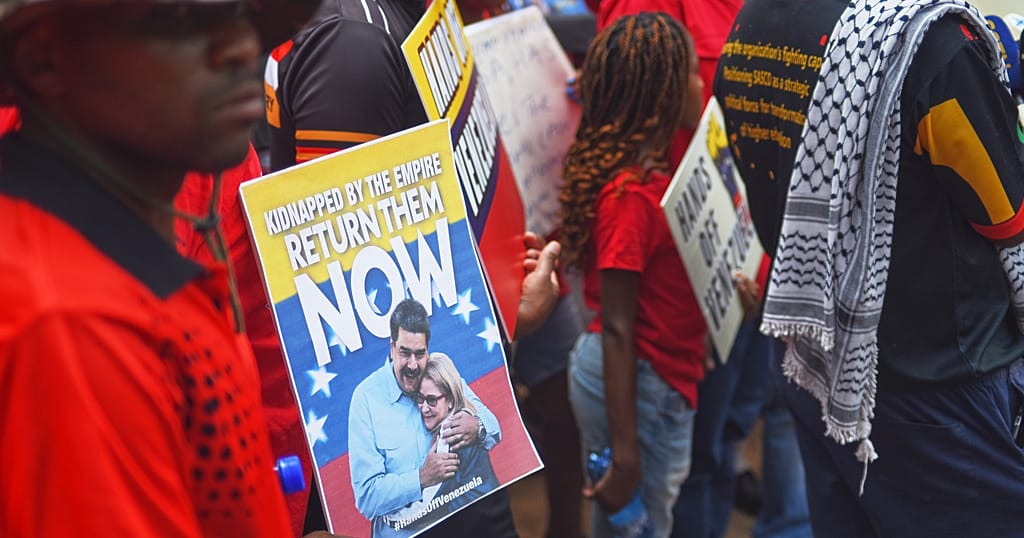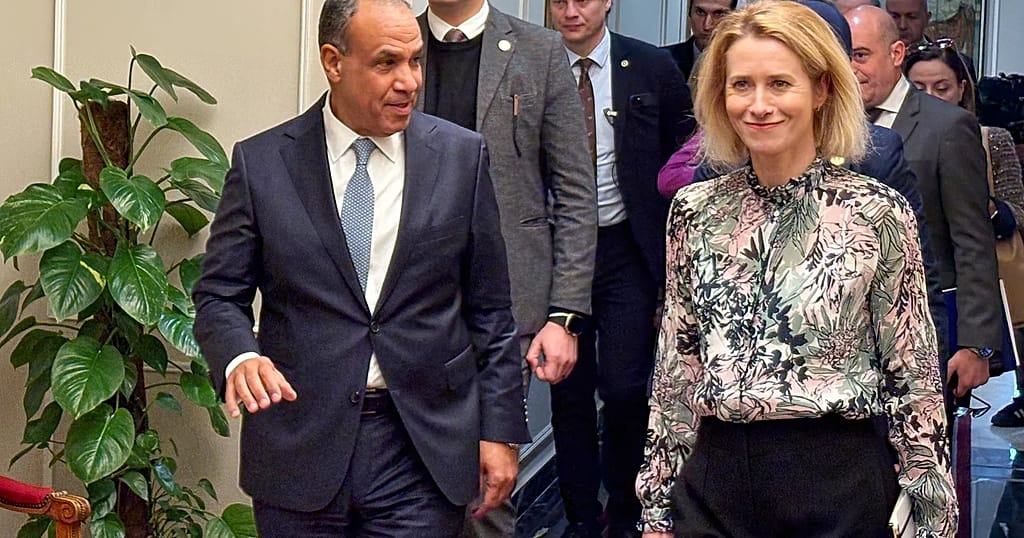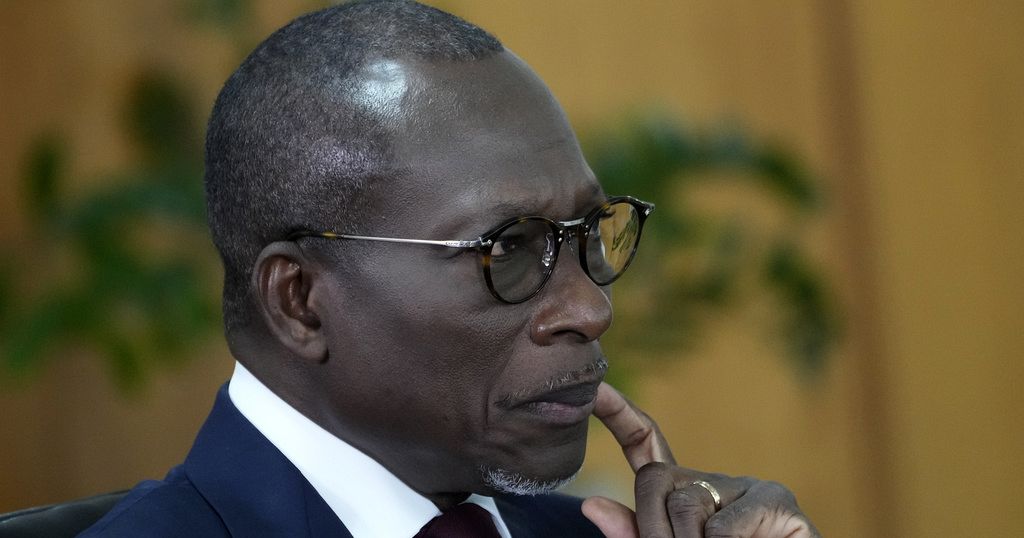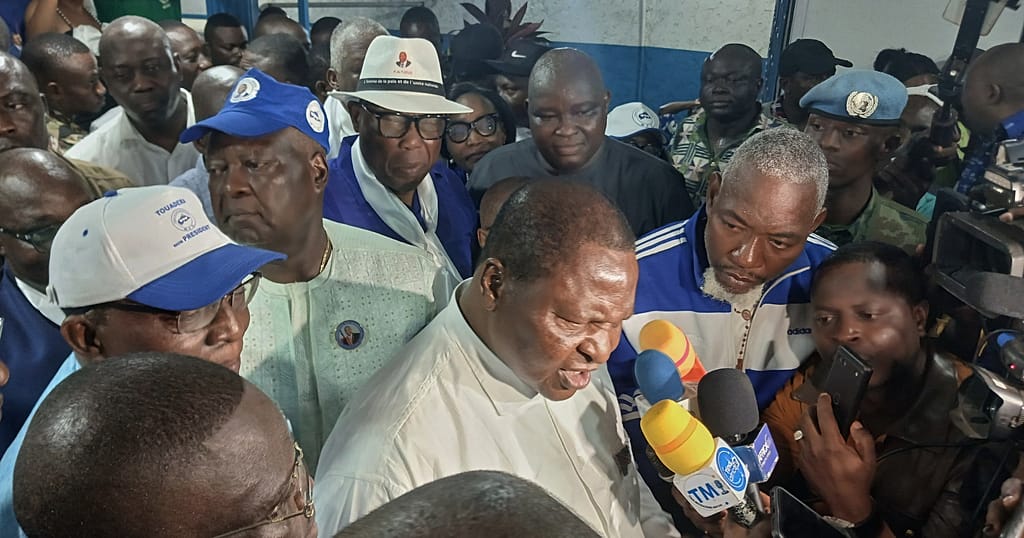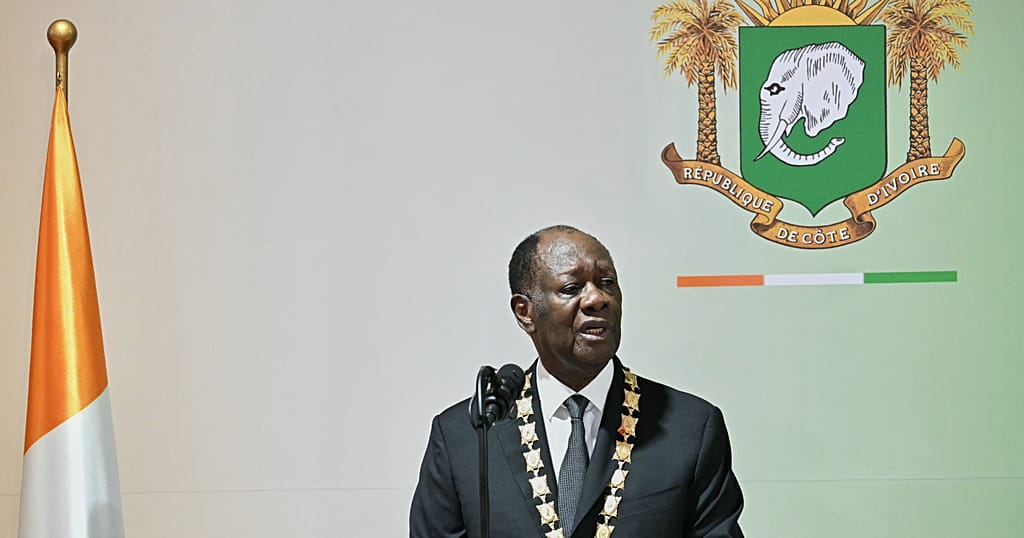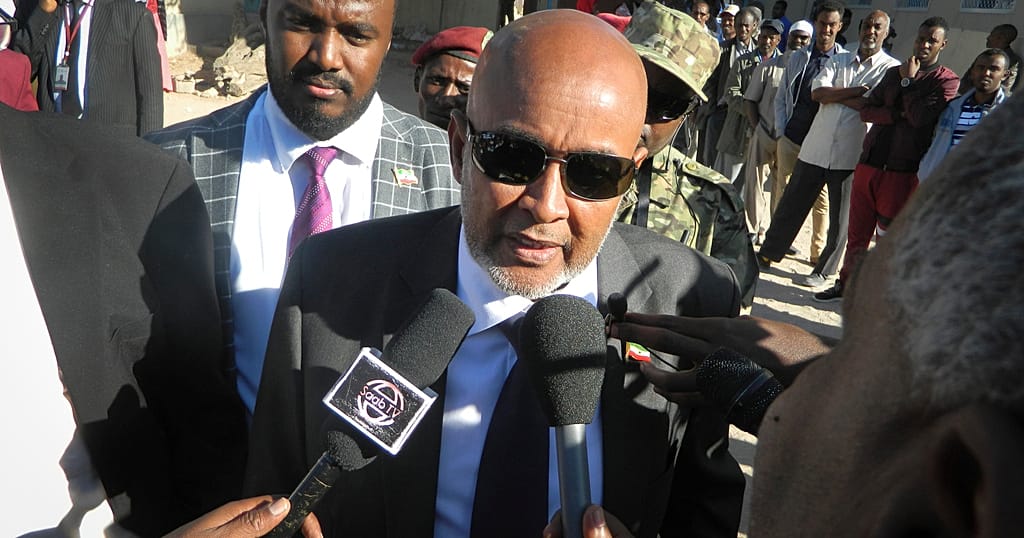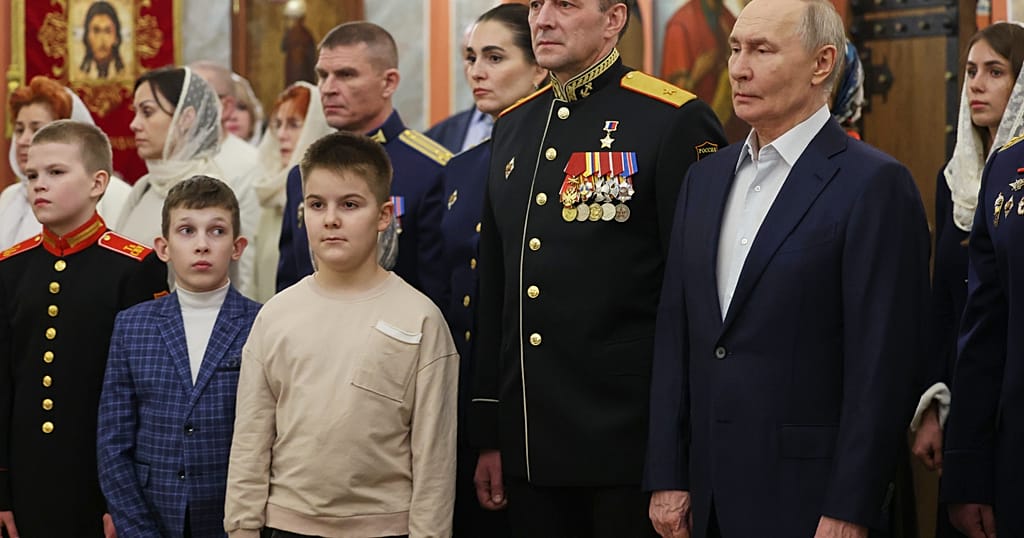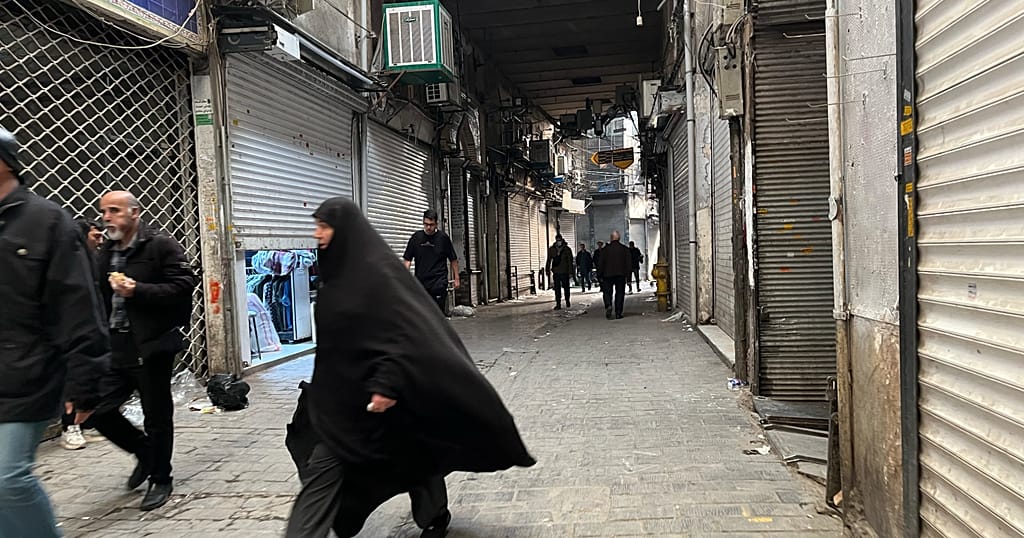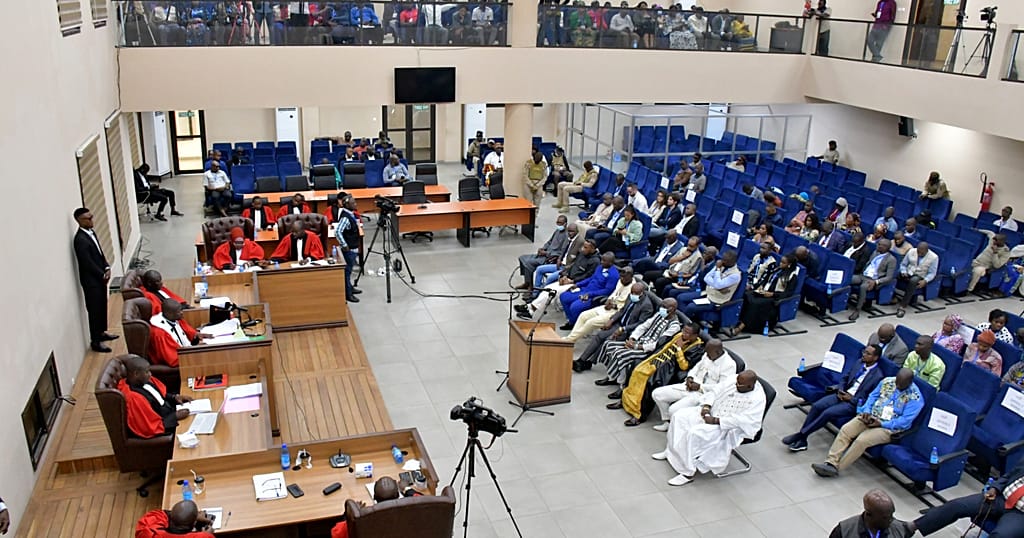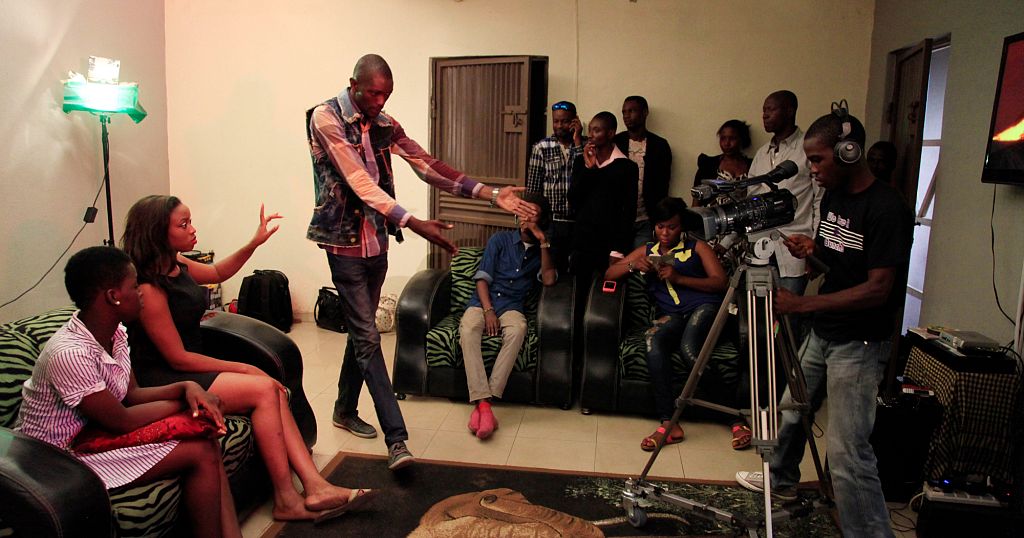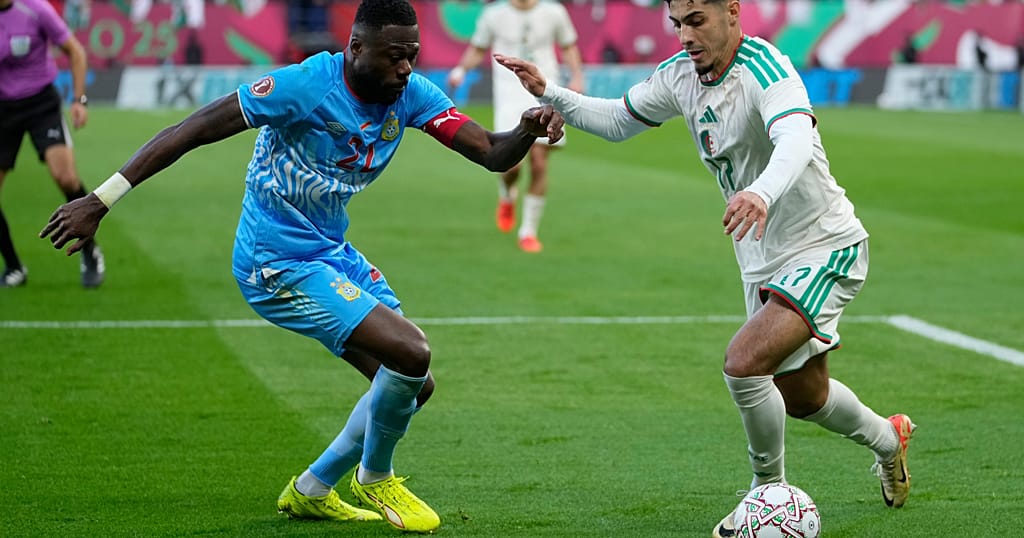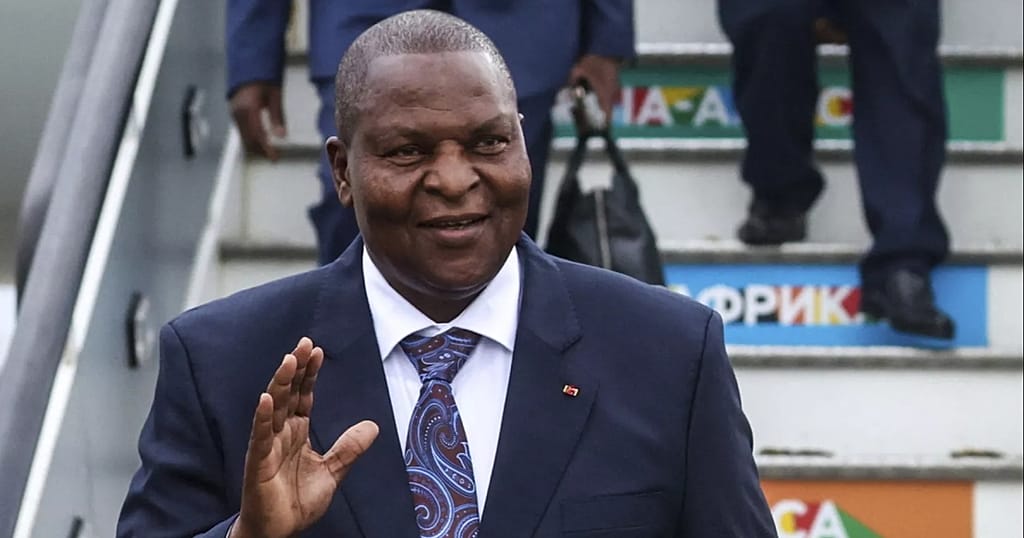ICC says it has uncovered evidence of war crimes in Libya
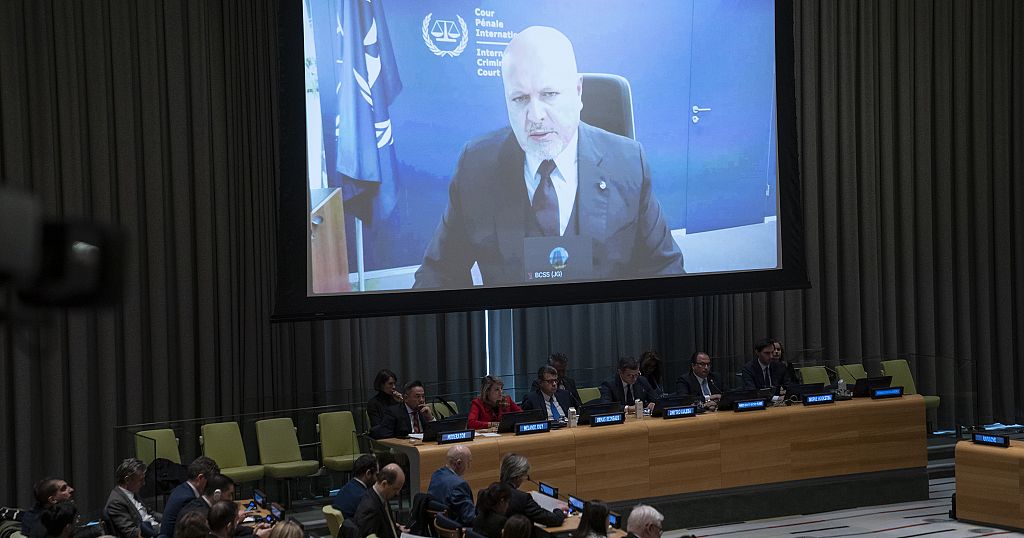
The prosecutor of the International Criminal Court urged Libya and other nations Tuesday to help arrest six men allegedly linked to a brutal militia blamed for multiple killings and other crimes in a strategically important western town where mass graves were discovered in 2020.
Karim Khan told the U.N. Security Council that he is ready to work with the Libyan government and people as well as countries that are parties to the ICC and those that are not to assist in the arrests.
The ICC does not have a police force and relies on cooperation from its 124 member states to enforce arrest warrants.
The six men were either key members of or associated with the Al Kaniyat militia that controlled the town of Tarhuna from at least 2015 to June 2020, when government forces ousted them from the town. Tarhuna is located about 65 kilometers (40 miles) southeast of the capital, Tripoli.
Briefing the council by video from Libya, Khan said he met victims earlier Tuesday from Tarhuna who told him of their suffering. He said he walked “in the areas where their loved ones were tortured and killed.” One Libyan told him that “every household in Tarhuna has a victim,” he said.
“They have a steely determination. They have a clear conviction that justice and accountability and fair processes are essential for themselves, their families, their community, and for Libya at large,” Khan said.
The prosecutor said the victims’ determination “gives rise to renewed hope that things are moving in a direction away from talk to action, and the possibility of justice.”
The ICC unsealed arrest warrants in early October for six men: Abdelrahim al-Kani, Makhlouf Douma, Nasser al-Lahsa, Mohammed Salheen, Abdelbari al-Shaqaqi and Fathi al-Zinkal.
Khan said at that time that three of the men were leaders or senior members of Al Kaniyat. Three others were Libyan security officials associated with the militia at the time of the alleged crimes.
“We know where they are,” Khan said Tuesday.
The ICC prosecutor said the victims told him they are pleased with the warrants but “what they are demanding is your help to help with the arrests of those individuals and to ensure that there are trials — that they can be part of trials when they can give evidence.”
Libya plunged into chaos after a NATO-backed uprising toppled and killed its leader Muammar Gaddafi in 2011. The country split, with rival administrations in the east and west backed by rogue militias and foreign governments.
The mass graves were found in Tarhuna after the militia’s withdrawal following the collapse of a 14-month campaign by military commander Khalifa Hifter, who is still a powerful force in the east, to wrest control of Tripoli from an array of militias allied with the former U.N.-recognized government.
Source: Africanews


